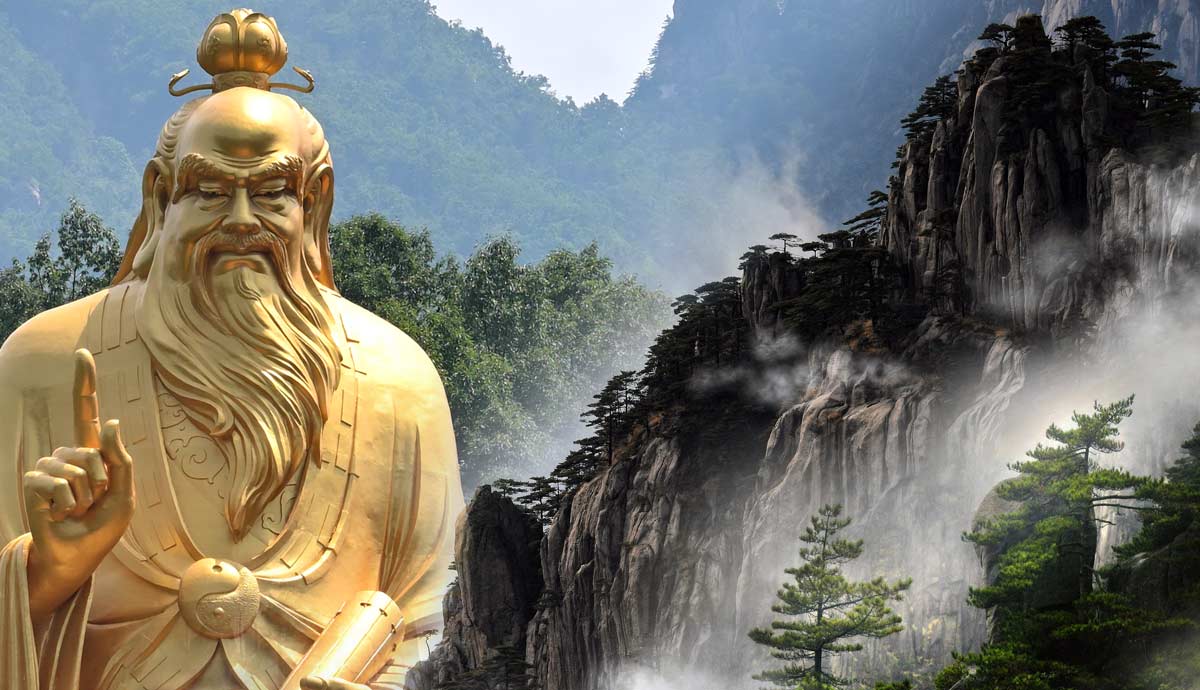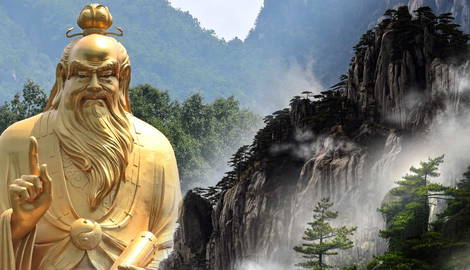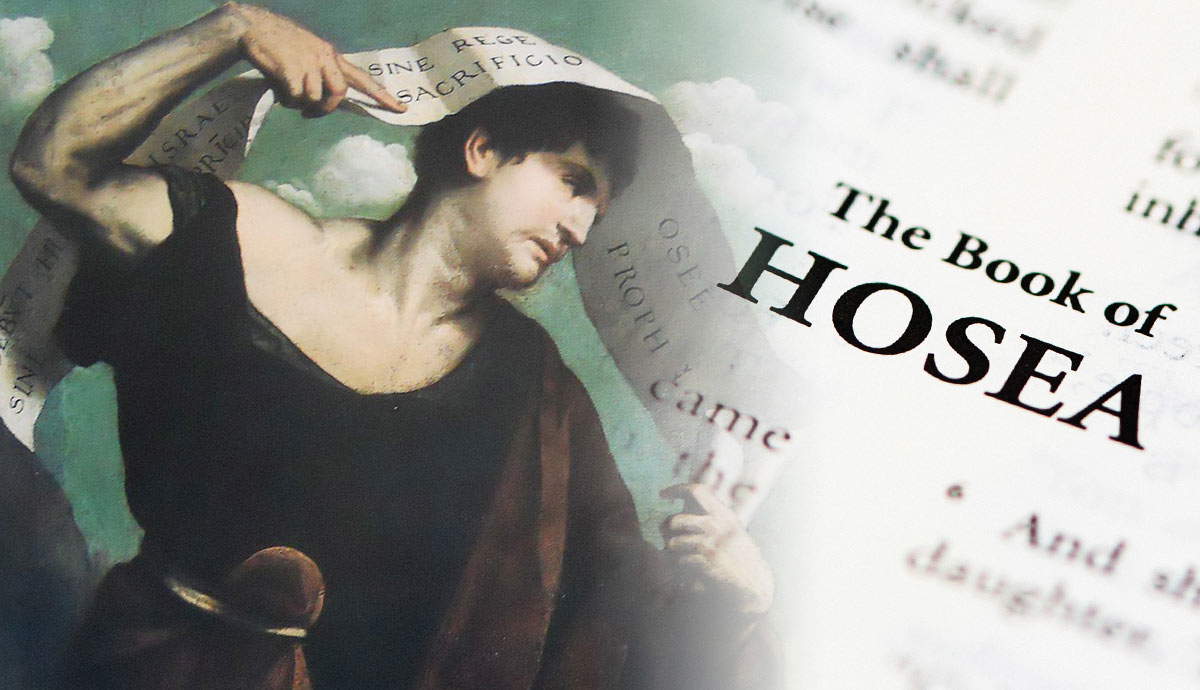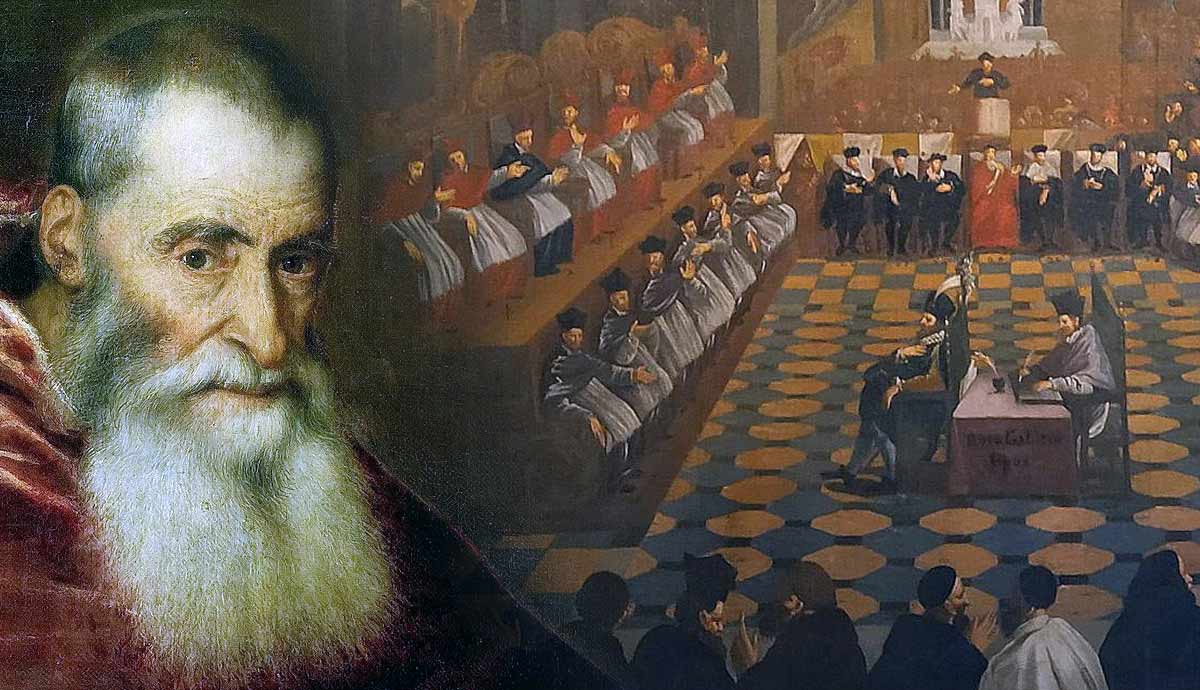
Lao Tzu (Laozi) is a complex figure, which makes capturing his essence through words difficult. This is not only because of the minimal information we have about his existence but also the many titles that can be given to him. The ancient Chinese philosopher, sage, and to some, deity is the representative figure of Taoism. His belief that we should strive to live in harmony with the universe’s natural state guided not only his own life’s path but also the millions who follow the Tao.
Lao Tzu’s Early Years

Most of the information we have about Lao Tzu’s life comes from his biography in the Shiji, which translates to “Historical Records.” The Shiji is a detailed account of ancient China and the important figures that shaped it. In chapter 63, the Chinese historian Sima Qian speaks of key points of Lao Tzu’s life in a biographical account that notes Lao Tzu (“Old Master”) was from the Quren village in the Chinese state of Chu. It was around 4 BCE when he wrote the Tao Te Ching, which has taken on a life of its own through its importance to Taoism and Chinese culture. For this reason, he is the most recognizable representative of Taoism.
The Zhou Dynasty

In Lao Tzu’s lifetime, the Zhou Dynasty—China’s longest-reigning dynasty—was in control of the state he resided in, along with a large portion of eastern China. Lao Tzu worked in a prestigious position as an archivist at the royal court within the Zhou Dynasty. This gave him privileged access to resources not afforded to the public at large, potentially inspiring his later endeavors. He was well-respected for his significant role.
Despite this seemingly comfortable position, Lao Tzu eventually decided he no longer wanted to be a part of the Zhou Dynasty’s court. Not only did he recognize that the Zhou Dynasty would eventually lose power, but he also began having moral disagreements about the corruption within. As evident in his later writings, Lao Tzu’s disinterest in chasing power and riches differed from those around him. His view that there was no need for social order also staunchly contrasted with the exercise of control that the Zhou Dynasty needed to thrive.
As a result, Lao Tzu ended up leaving the court and China itself. There are few details about Lao Tzu’s life beyond this point, and the Shiji notes that he exited the Hangu Pass towards India and lived the rest of his life as a recluse. Lao Tzu’s detachment from the Zhou Dynasty is a testament to the strength of his character, which drove him to leave based on his moral quandaries. The Zhou Dynasty was eventually overthrown by the Qin Dynasty around 256 BCE.
The Tao Te Ching

According to the Shiji, before leaving China and heading west toward India, Lao Tzu was stopped by Yin Xi, a border guard or keeper of the pass as they were known. Xi insisted that Lao Tzu write a brief text that included some of his ideas so that they could be recorded before he disappeared. It is said that this led to the writing of the Tao Te Ching (The Way of Integrity).
The Tao Te Ching is the foundation of the religious and philosophical beliefs of Taoism. The word Tao means “the way,” which refers to the natural course of the universe. The book is centered around the idea that the Tao is inherently balanced and calls for all to live their lives following it. Although the Tao is, by its definition, beyond human comprehension, Lao Tzu states that the goal of Taoism is not to understand the Tao. Instead, it is to live by it.
One way that Lao Tzu’s text instructs Taoists to live by the Tao is by practicing wu-wei. Wu-wei translates to “effortless action or non-action.” It calls for its followers to refrain from acting in a way that does not follow the natural way of the universe. This is often misinterpreted as calling for passivity. However, inaction does not mean doing nothing, but rather only committing actions of an unforced nature. For instance, going out of your way to achieve something in service of your personal desires or ego would be considered going against the Tao. Lao Tzu believes that the Tao will inevitably provide for all people and that we are all called to trust the Tao.
What Is Taoism?

Taoism is more than a religious and philosophical school of thought: it is a way of life. It advocates for a simple approach to life and accepting one’s role as a vessel of the Tao. Through this role, one does not interfere with the universe’s natural state.
By not interfering with the Tao, Taoists accept that the universe will provide for all because of its inherent order and balance. This allows people to be more compassionate, as no one person is better than another. Taoism rejects the need for social hierarchy or governance, as the universe has an inherent order. It is often called the “Philosophy of Flow” since it encourages followers to, metaphorically speaking, take on the form of water. Being fluid, it adjusts to whatever predicament it is in (Lao Tzu, 76). Lao Tzu believes that if people adopt this kind of flexibility in their own lives, it will improve their existence.
However, it is important to note that Lao Tzu did not invent the Tao. Although Taoist ideas were becoming very popular among many of Lao Tzu’s contemporaries, the work attributed to him is indisputably the most recognizable.
Encounters With Confucius

Confucius, known for being the leading figure behind the philosophy of Confucianism, also lived under the rule of the Zhou Dynasty. He supposedly had a number of encounters with Lao Tzu in which they discussed the differences in their philosophical views.
Despite their shared background living under the Zhou Dynasty, Lao Tzu had several concerns about Confucius’s values. As an example, Confucius held the traditions of the Zhou Dynasty in high regard. Despite acknowledging its approaching collapse, Confucius believed the early Zhou Dynasty had the ideal government, as noted in his text The Analects. This is because Confucius was a staunch believer in the importance of social order and thought that the Zhou Dynasty embodied this. Lao Tzu, on the other hand, was entirely against the idea of social order as it flies in the face of his beliefs in spontaneity and living life according to the Tao.

Since the Tao is not governed, Lao Tzu believed it should not be interfered with. In the Zhuangzi, Lao Tzu took issue with Confucius’s relationship with fame and the pursuit of power, which he warned against. Lao Tzu believed that, as humans, we should avoid chasing fame and status as it is not in accordance with the Tao. The interactions between the two were illuminating both in terms of their beliefs and the differing schools of thought that were emerging at the time.
Confucius was in awe of Lao Tzu and had difficulty explaining his encounters. He expressed this difficulty by referring to him as a “dragon” in the Book of Chuang Zhu. Since they had such differing values, Confucius was intrigued by Lao Tzu’s worldview. Despite their differences, there was mutual respect between these two philosophical greats.
Did Lao Tzu Exist?

Although there are many stories about Lao Tzu’s life, there are those who question his actual existence stemming from the idea that he was a deity instead of a flesh-and-blood being. A Taoist work by Zhuang Zhou, called the Zhuangzii, perpetuates the idea that many followers of religious Taoism believe that Lao Tzu is a deity. The Zhuangzi recounts the story of Lao Tzu becoming his mother and giving birth to himself. It is said in this account that he was in the womb for 72 years and emerged as a full-grown man. This view of Lao Tzu as a deity suggests that he may have actually been an embodiment of the Tao, which is referred to in the Tao Te Ching as “The mother of all things.”
The view of Lao Tzu as a deity may stem from the idea that the ideas in the Tao Te Ching are too powerful to have come from a human. They reject this possibility and instead believe that they must have arrived as a result of a divine force.
Furthermore, it is unlikely that Lao Tzu wrote the entirety of the Tao Te Ching on his own, especially on demand, as the Shiji story suggests. Some scholars believe it is more plausible that the Tao Te Ching is a collection of works from multiple writers compiled and put together under one name. This is a viable notion because Taoism was a set of beliefs that emerged at that time, and various writers shared its sentiments. Furthermore, the different versions of the Tao Te Ching suggest that there may have been multiple writers with different views on Taoism. The variations in wording between versions provide slightly different interpretations and suggest multiple authors could have completed the work.
Legacy and Influence of Lao Tzu’s Teachings

The lack of concrete evidence surrounding Lao Tzu’s existence today means he will likely forever be a mystery. Still, regardless of his actual human existence, the importance of the work attributed to him is undeniable. Its impact on not only the followers of Taoism but also those who have studied its concepts is immeasurable.
In the fast-paced and ever-changing modern world, Lao Tzu’s work, which encourages us to be more present, offers a staunch juxtaposition. The importance of being mindful is often lost in the pursuit of our respective goals. The Taoist lifestyle offers a sense of freedom from society’s standards.
As Western language translations become increasingly available, Lao Tzu’s work will likely continue to inspire future generations. Its concepts and ideologies, centered on a fundamental alignment with our more primitive selves, speak to our humanity in a way that can unite us. In the end, the question of Lao Tzu’s existence becomes somewhat irrelevant when considering his work, which has in a way, taken on a life of its own.
Bibliography
- Lao Tzu. Tao Te Ching. Translated by Jacob Needleman, with an introduction by Jacob Needleman and Dennis W. Merritt, Penguin Classics, 2009.
- Palmer, Martin, translator. The Book of Chuang Tzu. Penguin Books, 1996









